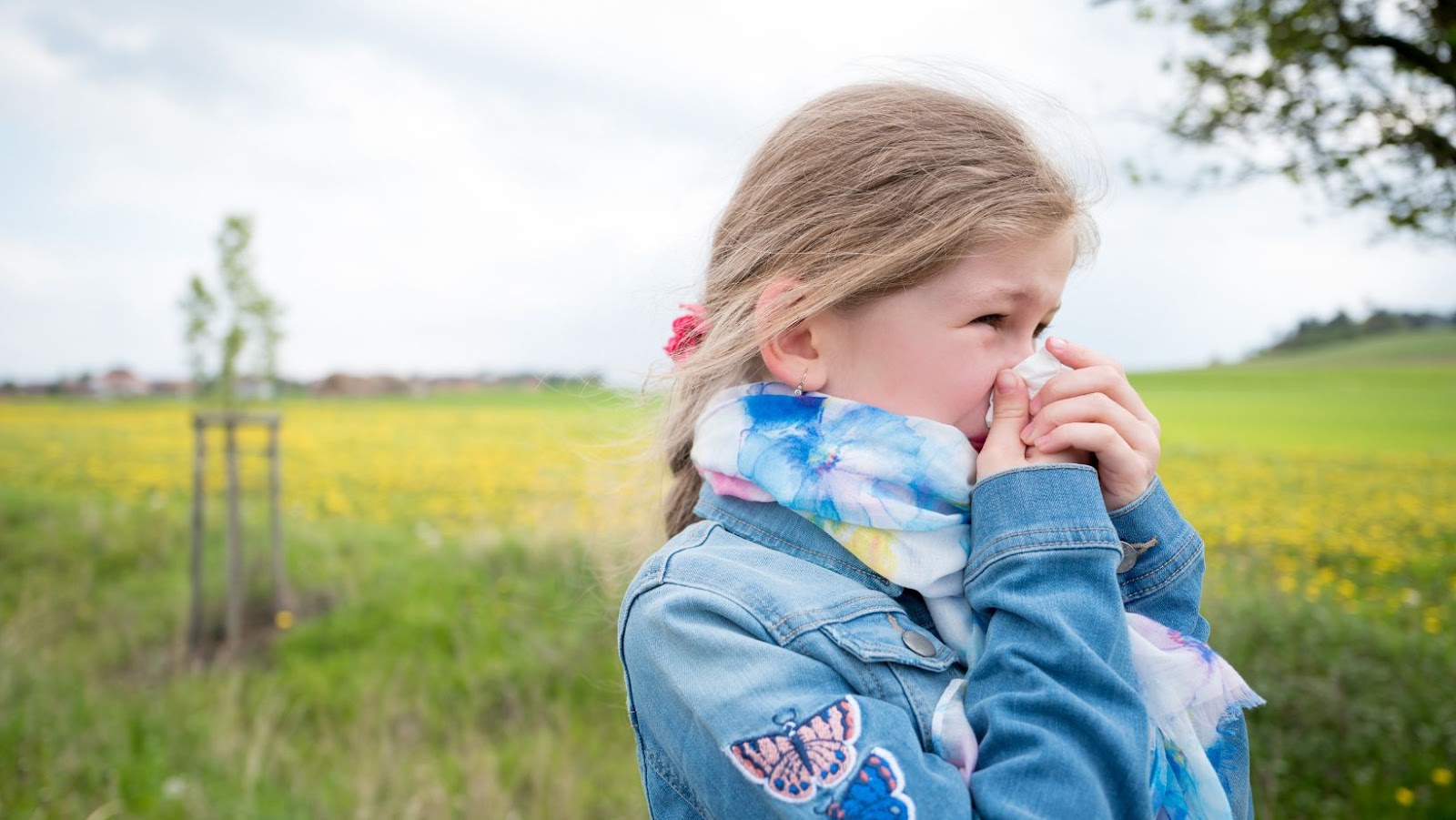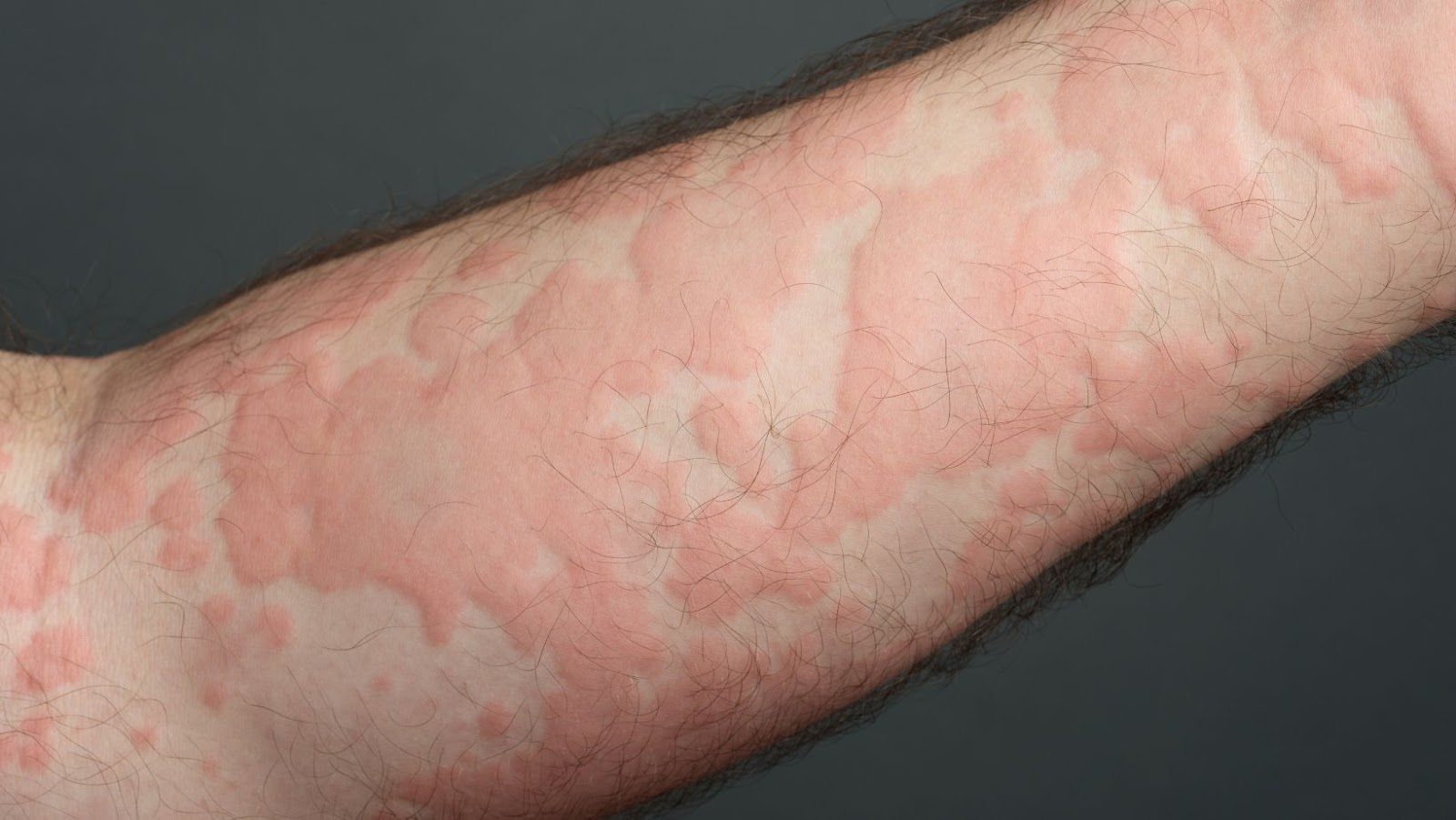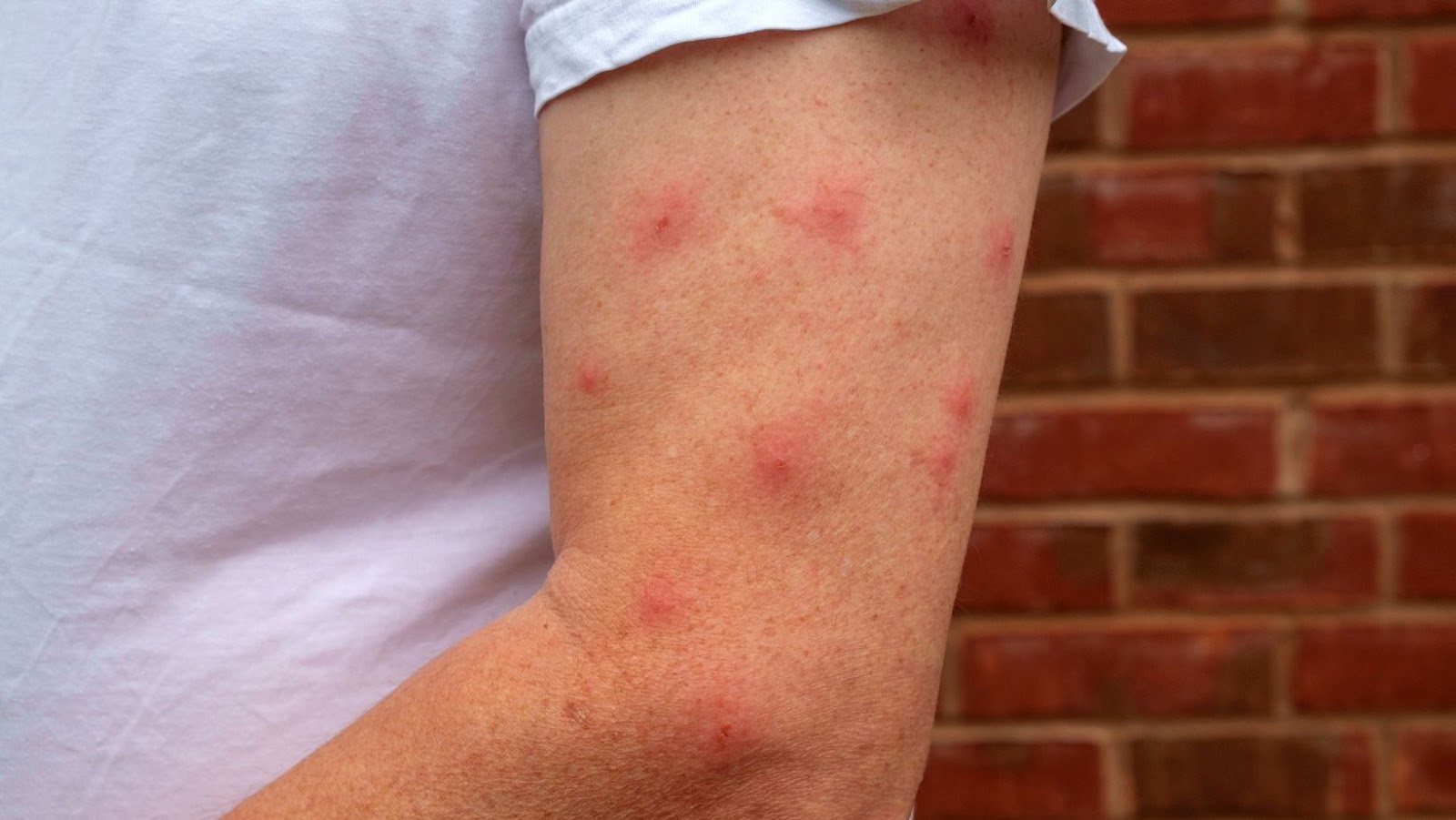Signs of an Allergic Reaction

Discover what Olivia is talking about from Parenting to Entertainment…
Did you know that an allergic reaction is your body’s response to a substance it perceives as “foreign” or dangerous? Allergic reactions can range from mild to severe and can be life-threatening. Knowing the signs of an allergic reaction can help you seek medical attention quickly and prevent a potentially serious outcome. Your allergist, Surprise, AZ can then perform tests to determine the specific allergen and provide you with the ideal treatment plan.
Severe allergic reactions can have dangerous consequences, so it is important to know the signs and seek emergency medical care. Working with an allergist is often the best way to identify your specific triggers and develop a plan to prevent them.
Some of the Causes of an Allergic Reaction Include:
- Foods: Certain foods can trigger an allergic reaction, such as peanuts, shellfish, wheat, and dairy.
- Insects: Stings or bites from certain insects may cause an allergic reaction, such as swelling, redness, and itching.
- Medications: Even over-the-counter medications such as aspirin and ibuprofen can cause a reaction in some people.
- Pollen: Environmental pollen from grass, trees, and other plants can trigger an allergic response.
- Mold: Mold spores found in household dust can cause severe allergic reactions in many people.
Symptoms of an Allergic Reaction
These are some of the signs of an allergic reaction that you should know:

Skin Rash
Have you ever noticed a red, raised rash on your body after coming into contact with something you are allergic to? This is a common symptom of an allergic reaction. It normally happens when an allergen touches your skin.
Itching or Hives
Itching is another common symptom of an allergic reaction. You may experience itching around the eyes, mouth, and other body areas. Hives are also a sign that you have an allergic reaction. These red bumps typically appear on the skin and can be very itchy.
Swelling
Swelling is a common symptom of an allergic reaction, particularly around the face and throat area. Swelling of the lips, tongue, or eyelids can signify you have an allergic reaction.
Wheezing and Difficulty Breathing
Difficulty breathing is a serious sign of an allergic reaction and should be treated immediately. Wheezing, shortness of breath and tightness in the chest are all symptoms that may appear during an allergic reaction.
Abdominal Pain, Nausea, and Vomiting
Abdominal pain and nausea are common signs of an allergic reaction. You may also experience vomiting and diarrhea.
After the reaction, you must visit a doctor to get an accurate diagnosis and receive proper treatment. Your doctor may also recommend keeping epinephrine on hand if you ever experience a severe allergic reaction. Additional treatment options include:

- Antihistamines: Antihistamines reduce the symptoms of an allergic reaction by blocking histamine, a chemical released during an allergic response.
- Corticosteroids: Corticosteroids reduce inflammation and swelling caused by an allergic reaction.
- Allergen immunotherapy (allergy shots): Allergy shots are given over time to build up your body’s tolerance to specific allergens.
- Avoidance: One of the best ways to prevent an allergic reaction is to avoid the allergen completely. If that is not possible, follow medical advice and use any medications prescribed by your doctor.
If you believe you have an allergic reaction, seek medical attention at Oasis Ear, Nose, and Throat.
What's Your Reaction?
Discover what Olivia is talking about from Parenting to Entertainment & all of the in between. Activities for Kids, DIY, Health & Fitness, Giveaways & More..



